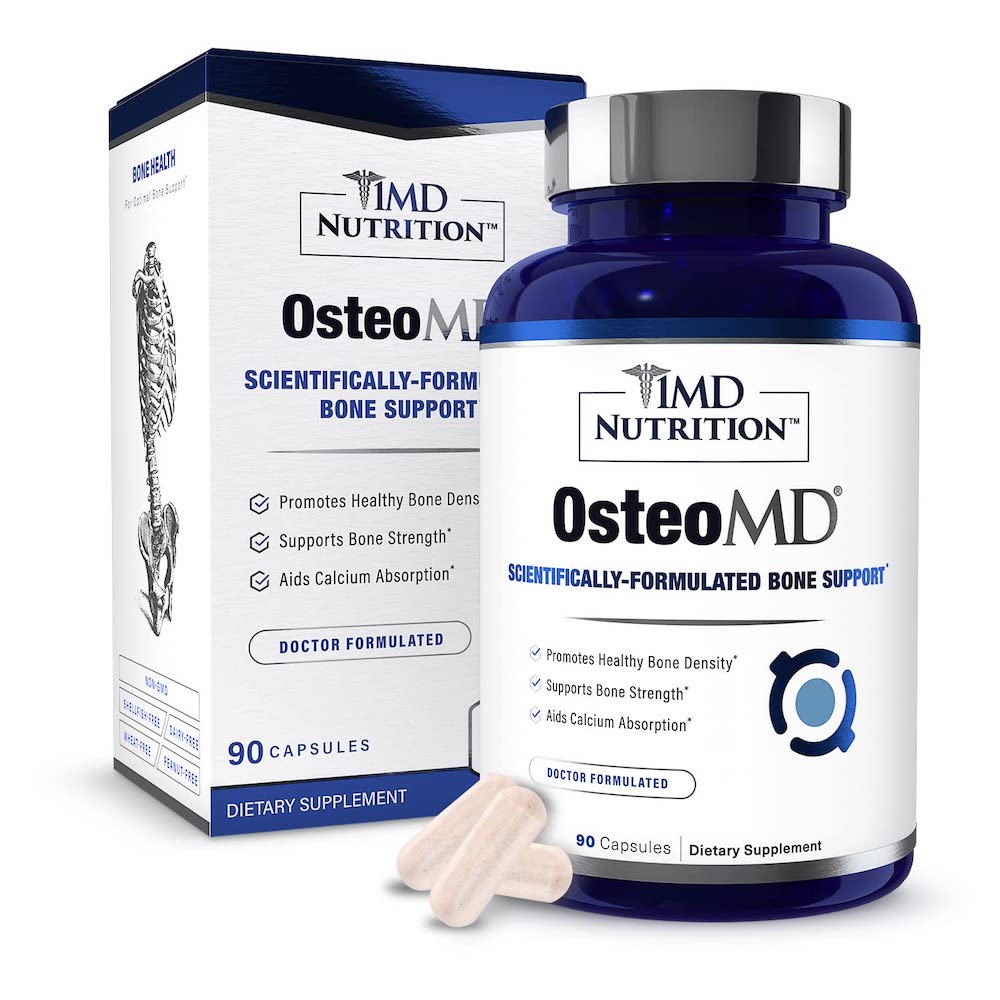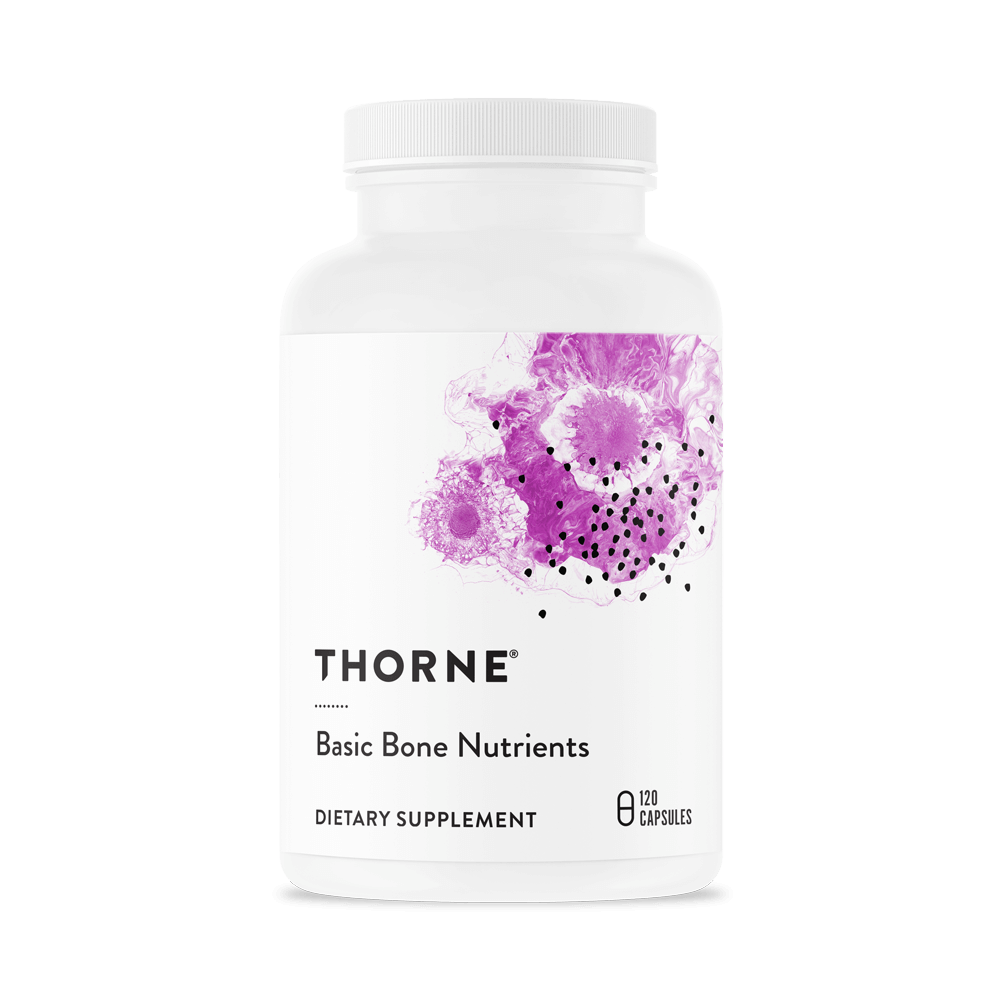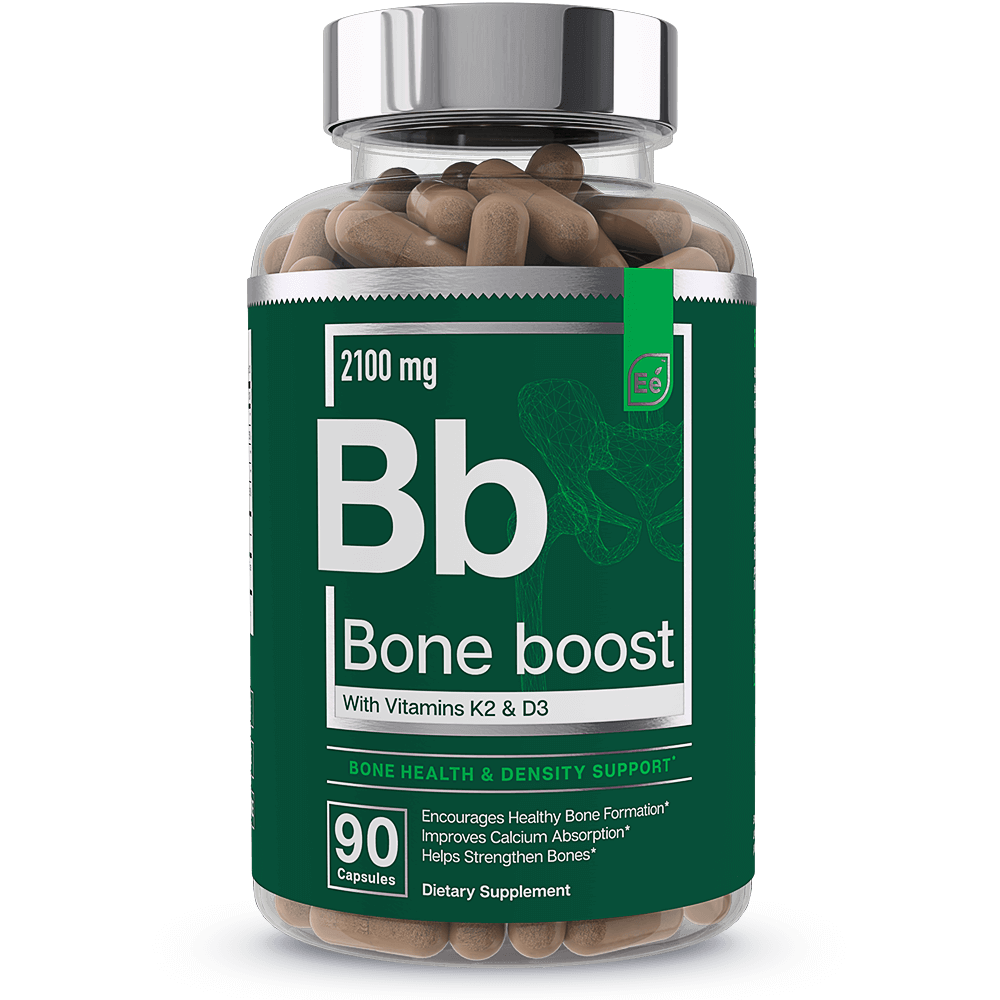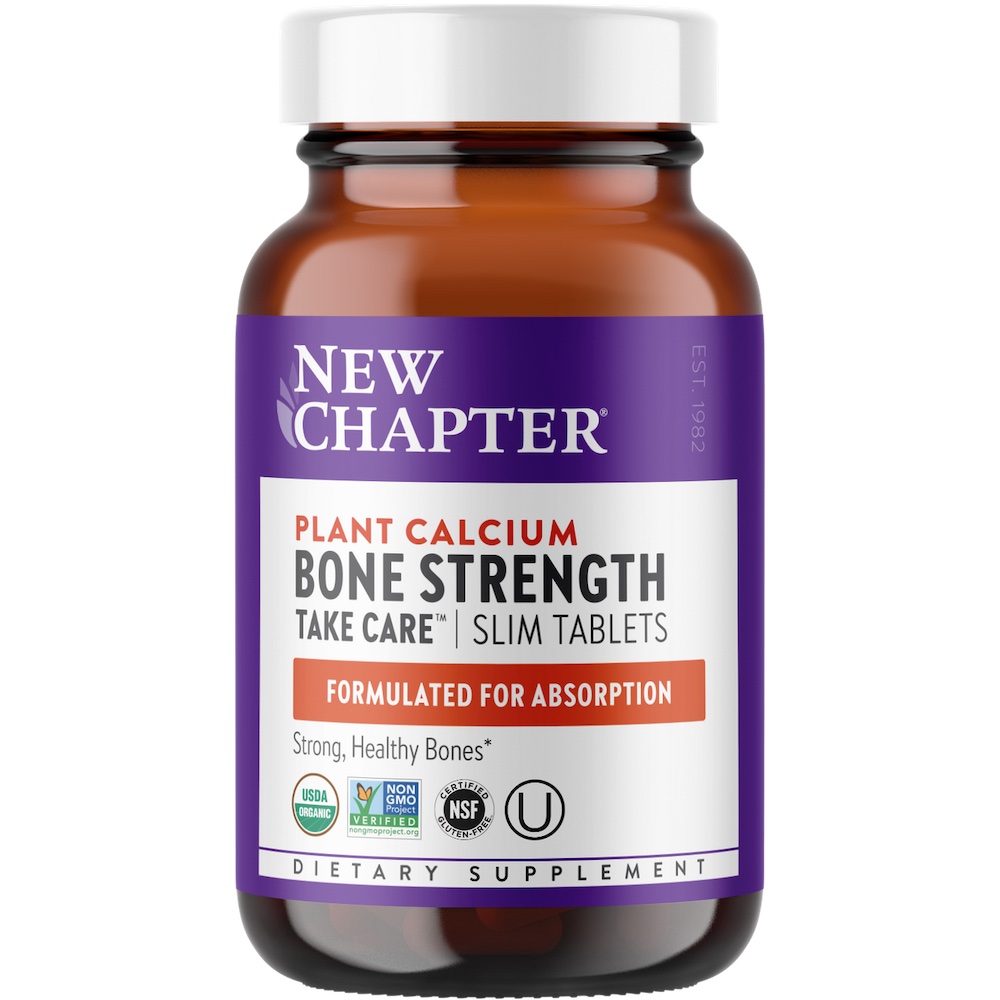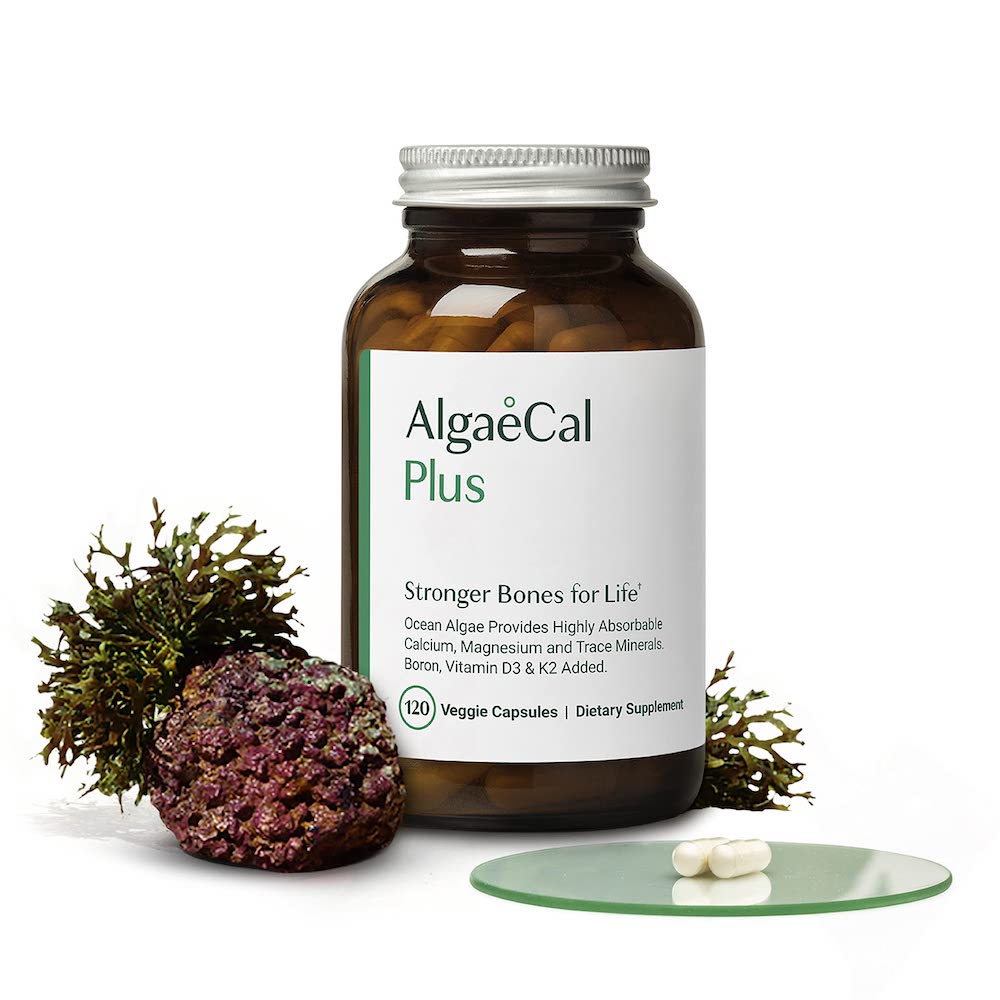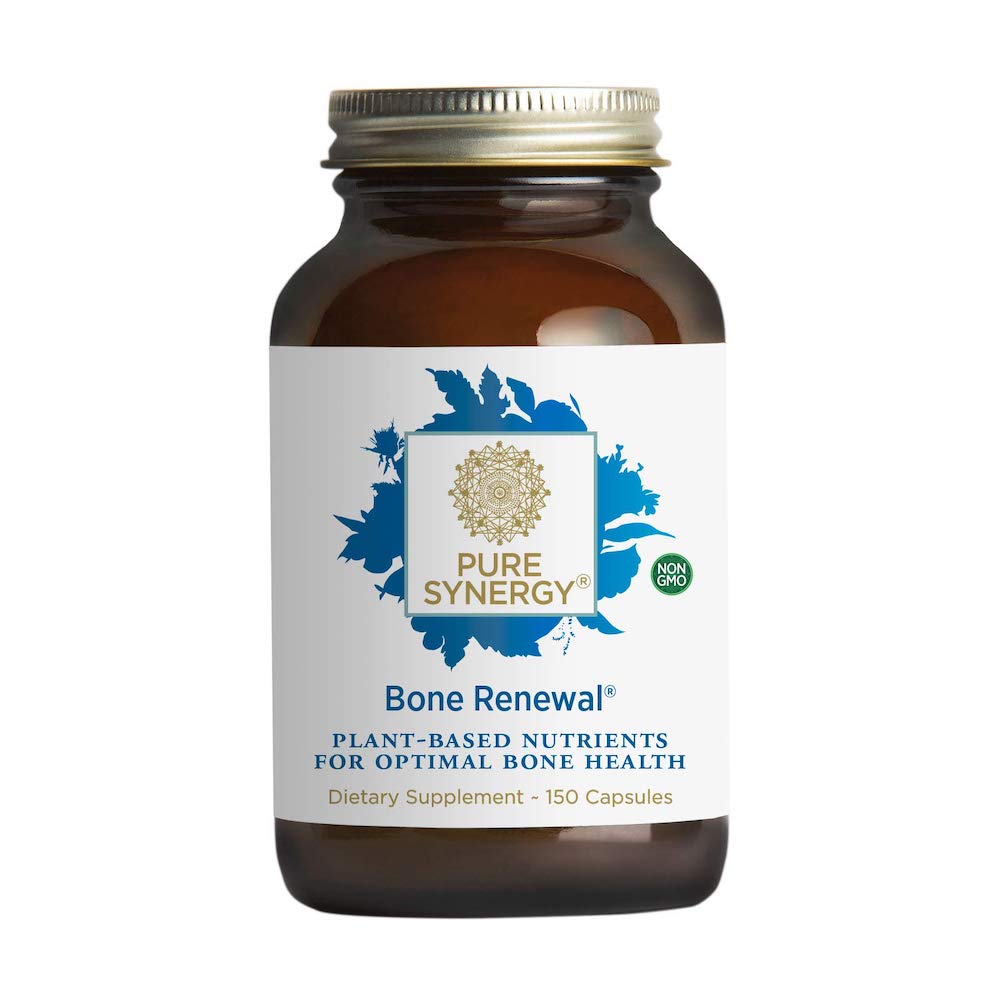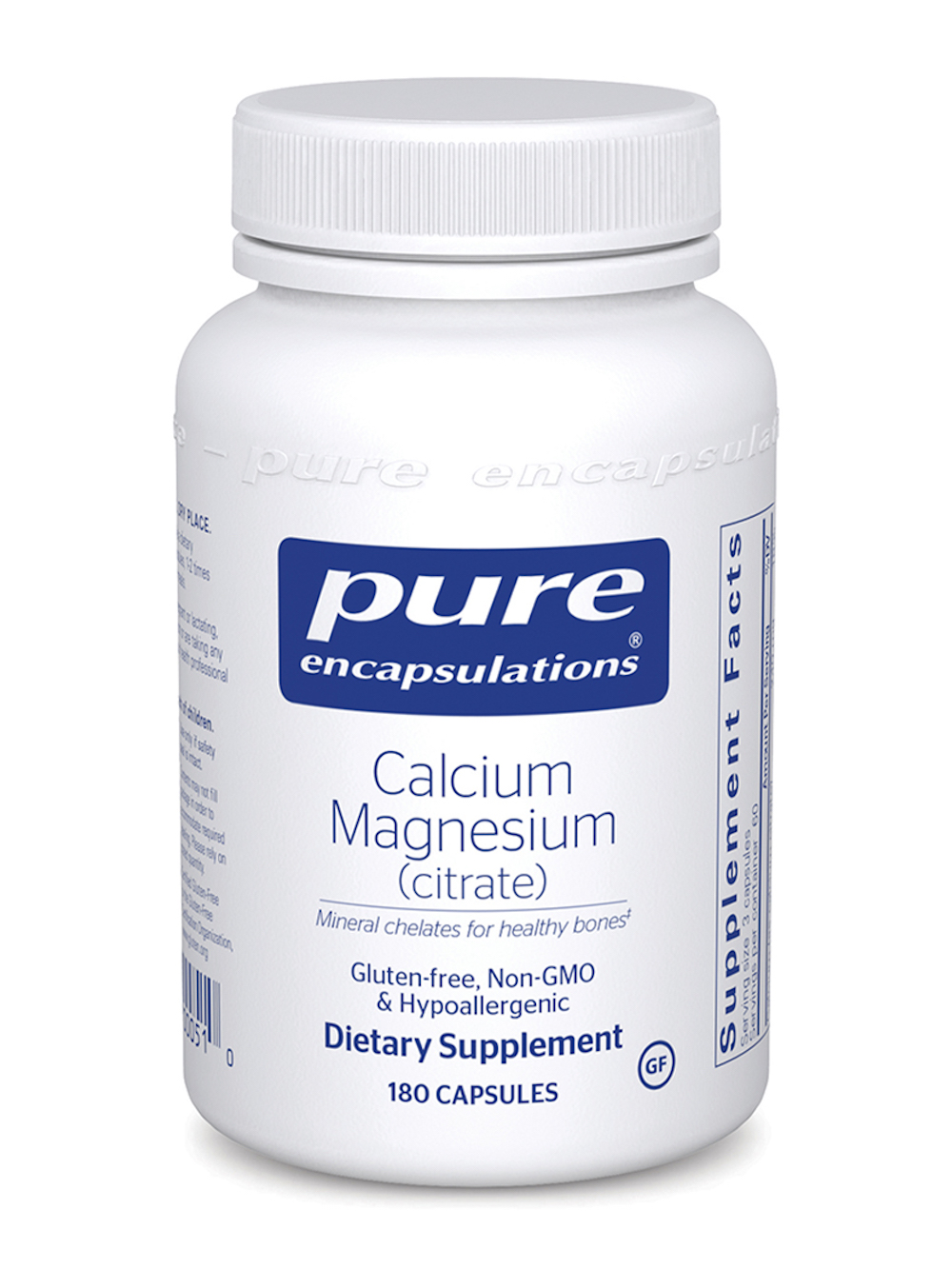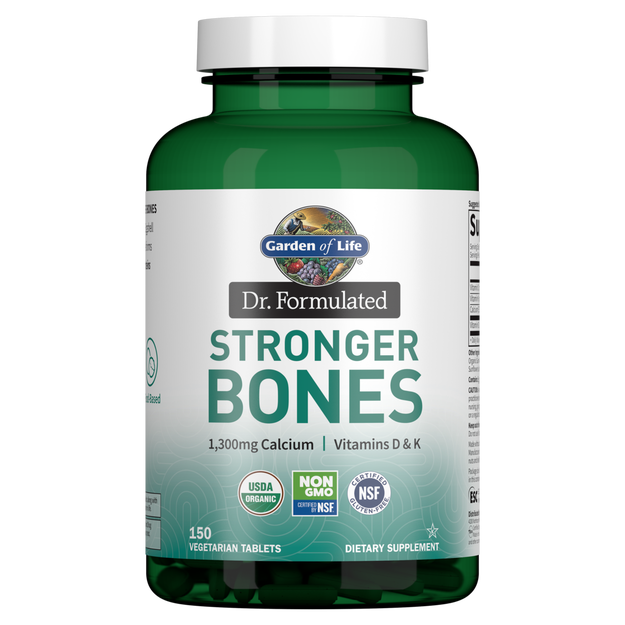If you grew up in the United States, you probably remember the Got Milk? commercials. They were catchy, direct, and nothing short of a cultural phenomenon. As a 90’s baby, they practically defined my childhood. Like most caregivers, my parents bought into the marketing, and I drank cow’s milk every day to ensure I was getting enough calcium. Nowadays, we know differently. A variety of plant-based foods contain calcium. But back in 1993, the iconic Got Milk? commercials praised dairy as the best source of calcium. Unsurprisingly, many still believe this. But the question remains: Is milk necessary as part of a balanced diet? As science has evolved, we’ve since learned otherwise. There are plenty of non-dairy foods high in calcium, as well as potent calcium supplements available. Not sure if you’re getting enough? Don’t fret. We put together a list of the best calcium supplements for women.



What is calcium?
You’ve heard of calcium, but you aren’t entirely sure what it is and why you need it. First and foremost, calcium is a mineral. It’s actually the most abundant mineral in the body. It is essential for life. However, we don’t make calcium on our own. Because our bodies don’t produce it naturally, we need to consume calcium through food or calcium supplements. Like vitamin D, calcium is necessary for building bones and keeping them strong.
Speaking of vitamin D, calcium and vitamin D go hand-in-hand. After all, vitamin D helps absorb calcium from the digestive tract. Therefore, it’s important to have adequate amounts of both nutrients for optimal health. Beyond bone health, calcium performs many vital roles. It also acts as a co-enzyme for many metabolic processes, and is often most closely associated with the skeletal system.


Why You Need Calcium
Without sounding like a broken record, calcium is critical for developing and maintaining bone structure and function. However, you also need calcium for other things: Cardiovascular and muscle function, nervous system signaling, and more. From the moment we’re born, we obtain additional calcium through diet (or supplements), and 99% of all calcium being stored in our bones. Our bones, in turn, act as a reservoir for calcium. Calcium is released when needed.
In addition to various organs needing calcium to function properly, some studies suggest that calcium—along with vitamin D—may have benefits beyond bone health. For example, warding off cancer, diabetes, and high blood pressure. In the very least, calcium is vital for survival and maintaining enough calcium is key. When necessary, incorporating a calcium supplement is very helpful.


3 Facts You Might Not Know About Calcium
- While 99% of all calcium is stored within our bones, did you know that includes your teeth? Calcium compounds help give enamel (your teeth’s outer layer) protection against erosion, decay, and temperature sensitivity. Calcium helps keep your teeth strong.
- Every day, we lose calcium through our skin, nails, hair, sweat, urine, and feces. That’s why it’s important to get enough calcium from the food we eat or calcium supplements we take.
- Calcium is all around us! The average human contains approximately 1kg of calcium, but it is the fifth most abundant element in the earth’s crust. It occurs widely as calcium carbonate (more commonly known as limestone).
How much calcium do you need?
Studies show that many Americans don’t get enough calcium. Children and adolescents are at risk, but so are adults. Particularly, women who are 50 and older. Men and women ages 19-50 should aim for 1,000 mg of calcium per day, and those who are older than 51 should get at least 1,200 mg of calcium. The recommended upper limit for calcium is 2,500 mg per day for adults ages 19-50. Most calcium supplements contain at least 1,000 mg of calcium. Please speak with your physician before making any changes to your supplement routine.


Dangers of Too Much Calcium
Is it possible to have too much of a good thing? In the case of calcium, unlike vitamin B12, the answer is yes. While calcium is necessary for beefing up bones and supporting muscular function, excess calcium can cause consequences. Think: Constipation, kidney stones, kidney failure, heart function problems, and cognitive issues. When it comes to choosing the best calcium supplement, work with your doctor to find the right dosage.
What if you don’t get enough calcium?
On the flip side, what if you aren’t getting enough calcium? If your body doesn’t get enough calcium (and vitamin D) to support important skeletal and muscular functions, it takes calcium from your bones. This causes bone loss. Losing bone mass makes the inside of your bones weak and porous, putting you at risk for osteoporosis.
Osteopenia and hypocalcemia are other common side effects of low calcium. Given that your bone density peaks when you’re roughly 35 years old, it’s imperative to build up calcium stores. For that matter, children who don’t get enough calcium may not grow to their full potential height. Consuming enough calcium (regardless of age) can ward off these consequences.


Signs of Calcium Deficiency
Interestingly, early stage calcium deficiency may not cause any symptoms. However, symptoms will develop as the condition progresses. Calcium deficiency disorders (osteoporosis, osteopenia, and hypocalcemia) can show up in many forms. For example, memory loss, muscle spasms, tingling in the hands and feet, hallucinations, weak and brittle nails, easy fracturing of bones, and more.
How to Test for Low Calcium
If you think you’re showing signs of calcium deficiency—or want to get tested, preventatively—your doctor will take a blood sample to check your blood calcium level. Likely, your doctor will measure your total calcium level, your albumin level, and your ionized or “free” calcium level. Albumin is a protein that binds to calcium and transports it through the blood. If your calcium levels are low, you can increase calcium stores through food as well as the best calcium supplements.

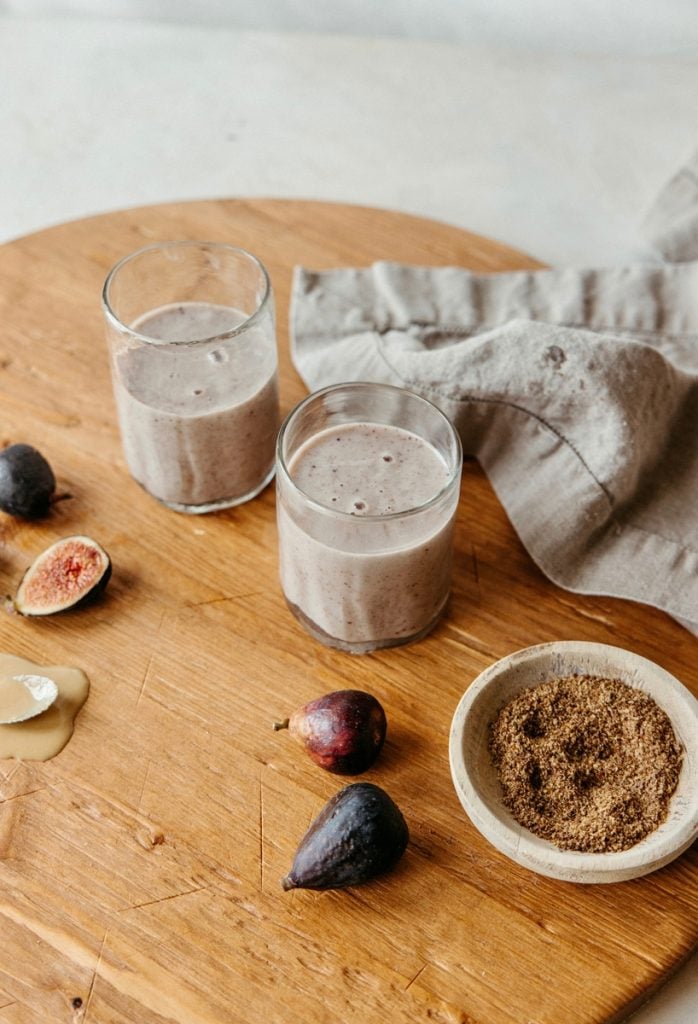
9 Foods High in Calcium
Interested in altering your diet before trying a calcium supplement? Skim the list below. Luckily, you don’t need to fill your pantry and fridge with superfoods. Consuming a variety of plant and / or animal-based foods can do the trick—helping you naturally increase calcium. Calcium is naturally present in many ingredients, including seeds, dark leafy greens, dairy, and seafood. These foods have the highest levels of calcium:
- Collard greens: An 8-oz serving contains 360 mg of calcium. Enjoy them cooked in ghee or coconut oil as a healthy side dish.
- Kale: An 8-oz serving of fresh (or frozen) kale boasts 180 mg of calcium. Add kale to your favorite smoothie or massage it in extra-virgin olive oil to make it soft and palatable. Kale salads can be delicious, trust us.
- Soybeans: One cup of soybeans contains 175 mg of calcium. Toss them into your favorite stir-fry or eat them steamed with sea salt and sesame oil.
- Figs: Two figs, dried, contain 65 mg of calcium. They’re an energizing, grab-and-go snack for busy days.
- Sardines (canned with bones): 3-oz contains 325 mg of calcium. An abundant source of calcium, try sardines on toast or sauté them into your favorite pasta dish.
- Ricotta (part-skim): Of all cheese, ricotta takes the cake. A 4-oz serving of ricotta contains 335 mg of calcium. Ricotta is delicious in baked goods, or use it to bulk up a sheet of lasagna.
- Plain yogurt: A 6-oz serving of plain yogurt boasts 310 mg of calcium. Used for everything from a sour cream replacement to a convenient breakfast, yogurt is a wonderful source of calcium.
- Poppy seeds: One tablespoon (9 grams) of poppy seeds packs 126 mg of calcium. Lemon poppy seed bread, anyone?
- White beans: One cup of white beans contain roughly 180 mg of calcium. Toss them with extra-virgin olive oil, minced garlic, and herbs for a delicious appetizer or side dish.


Do I need a calcium supplement?
Speak with your doctor first, but if you aren’t getting enough calcium through diet, you may need to take a calcium supplement. If that’s the case, we put together a list of the eight best calcium supplements for women in 2021.
What To Look for in a Calcium Supplement
When it comes to choosing the best calcium supplement, look for these main ingredients:
Vitamin K2: Vitamin K2 helps calcium absorb into your bones rather than into your arteries. Make sure to take a clinically backed version of Vitamin K2.
Vitamin D3: Vitamin D3 promotes calcium absorption and proper mineral deposits to your bones.
Calcium Hydroxyapatite: Calcium Hydroxyapatite is a more easily absorbable, whole mineral form of calcium. It makes up the substance of your bones. It is notably different from other forms of calcium like calcium citrate and calcium carbonate, which do not get absorbed.
Cissus Quadrangularis: A vine that grows in parts of Africa and Asia, cissus quadrangularis is used as an herbal supplement to treat conditions such as bone loss.


The Best Calcium Supplements for Women
1MD Nutrition OsteoMD
This scientifically-formulated supplement combines four bioavailable nutrients essential to help build and maintain strong, healthy bones, and promote skeletal strength. This comprehensive bone health formula offers a potent dosage of Calzbone® and clinically-studied MenaQ7™, two patented ingredients for optimal bone health support.
Thorne Basic Bone Nutrients
Thorne’s Basic Bone Nutrients combines four highly-researched nutrients that are essential for bone health. This calcium supplement contains optimally-absorbed ingredients, including vitamin D. Thorne’s vitamin D3 is free from the preservatives and lactose diluents that are typically used in vitamin D products. Plus, Thorne uses the most well-researched form of vitamin K2 available. Vitamin K and magnesium help keep calcium in the bones rather than in the blood vessels and other soft tissues.
Essential Elements Bone Boost
This supplement contains a clinically recommended amount of calcium hydroxyapatite, vitamin D3, and K2. This formula also gets bumped up a notch due to the C. quadrangularis, which enhances bioavailability. These ingredients work well together in strengthening and maintaining bone health through the stimulation of proteins and the absorption of calcium.
New Chapter Bone Strength Take Care
Well-sourced ingredients, this supplement contains crucial ingredients like vitamin D3 and vitamin K2. Furthermore, this organic plant-based calcium supplement promotes bone, joint, and heart support while reducing the risk of osteoporosis.
New Chapter Bone Strength Take Care
AlgaeCal AlgaeCal Plus
Every day, you lose 13 essential minerals from your bones—not just calcium. Magnesium, zinc, boron, and other minerals are equally important to calcium for bone health and strength. AlgaeCal Plus contains all 13 of these essential minerals. To help with absorption and mineral placement into bones, this supplement also contains vitamins D3, K2, and C. This full nutrient complement makes the difference between losing or gaining bone density.
Pure Synergy Bone Renewal
More than just a calcium supplement, this groundbreaking, three-part formula features plant-based nutrients, trace minerals, and bone-nourishing botanical extracts. With no mineral isolates, synthetics or limestone, Bone Renewal is pure, plant-based and bioavailable. This supplement supports mobility, bone density, and more.
Pure Encapsulations Calcium (Citrate)
Pure Encapsulations products are free from most allergens, including gluten peanuts, eggs, and more. They also don’t use any unnecessary binders, fillers, or GMOs. Their Calcium (Citrate) supplement supports bone health and colon health. The calcium they use is highly bioavailable and is sourced from trusted suppliers. For those on special diets (or who have autoimmune disorders), Pure Encapsulations is my trusted recommendation.
Pure Encapsulations Calcium (Citrate)
Garden of Life Dr. Formulated Stronger Bones
This supplement reduces the risk of osteoporosis and improves calcium absorption. Dr. Perlmutter formulated Stronger Bones with clinically proven ESC® Organic Eggshell Calcium, one of the most absorbable forms of calcium available, as specialized proteins are found in organic eggshells.
Garden of Life Dr. Formulated Stronger Bones



